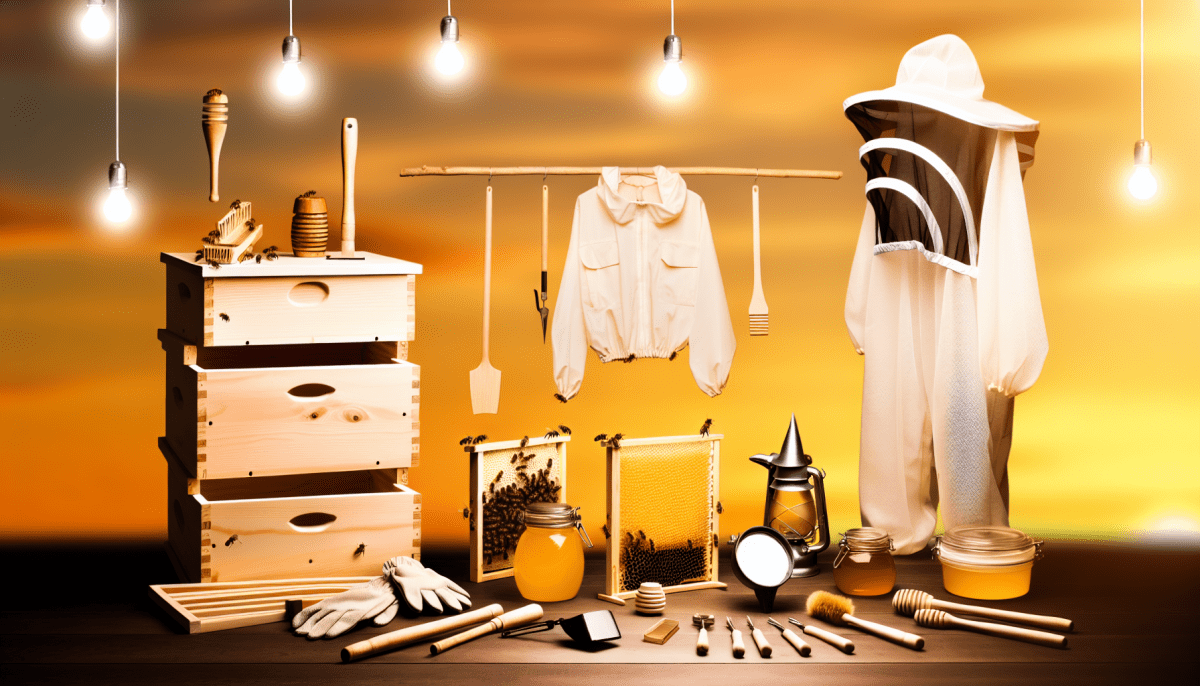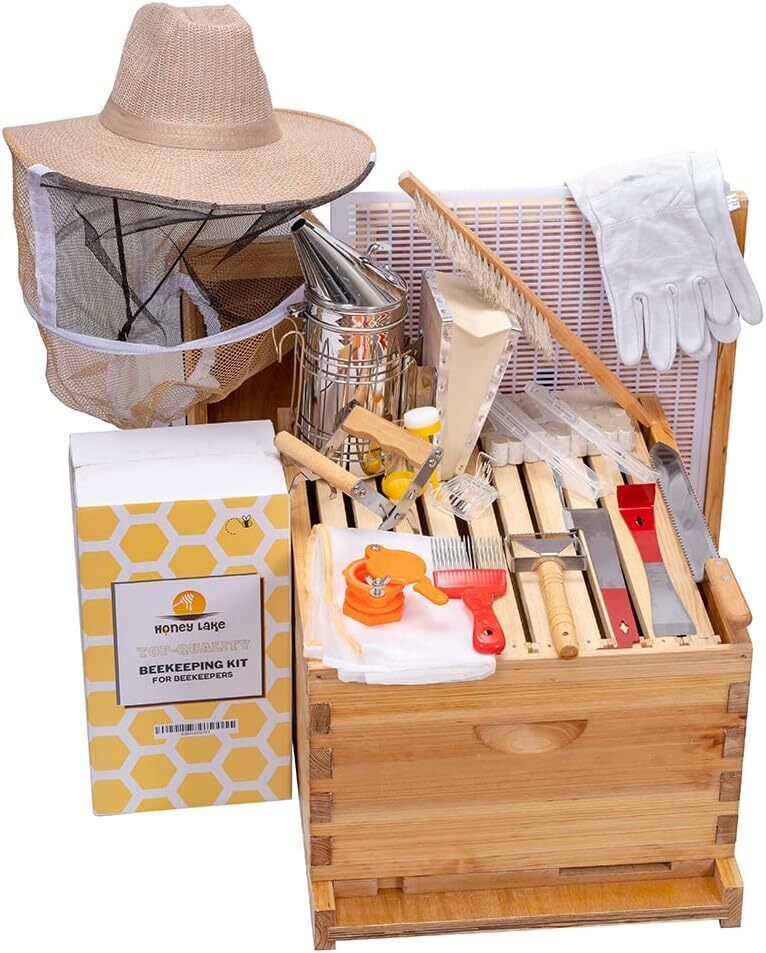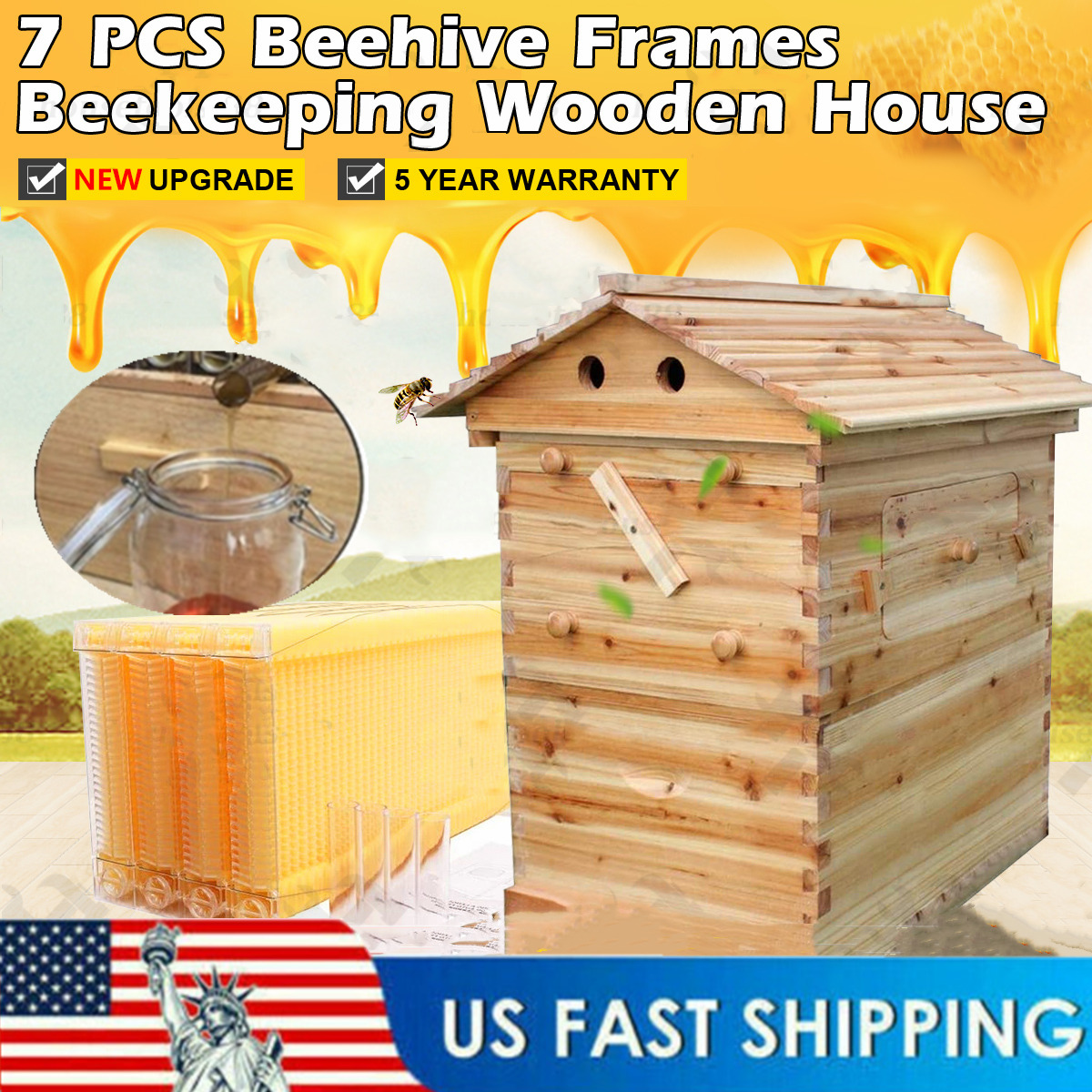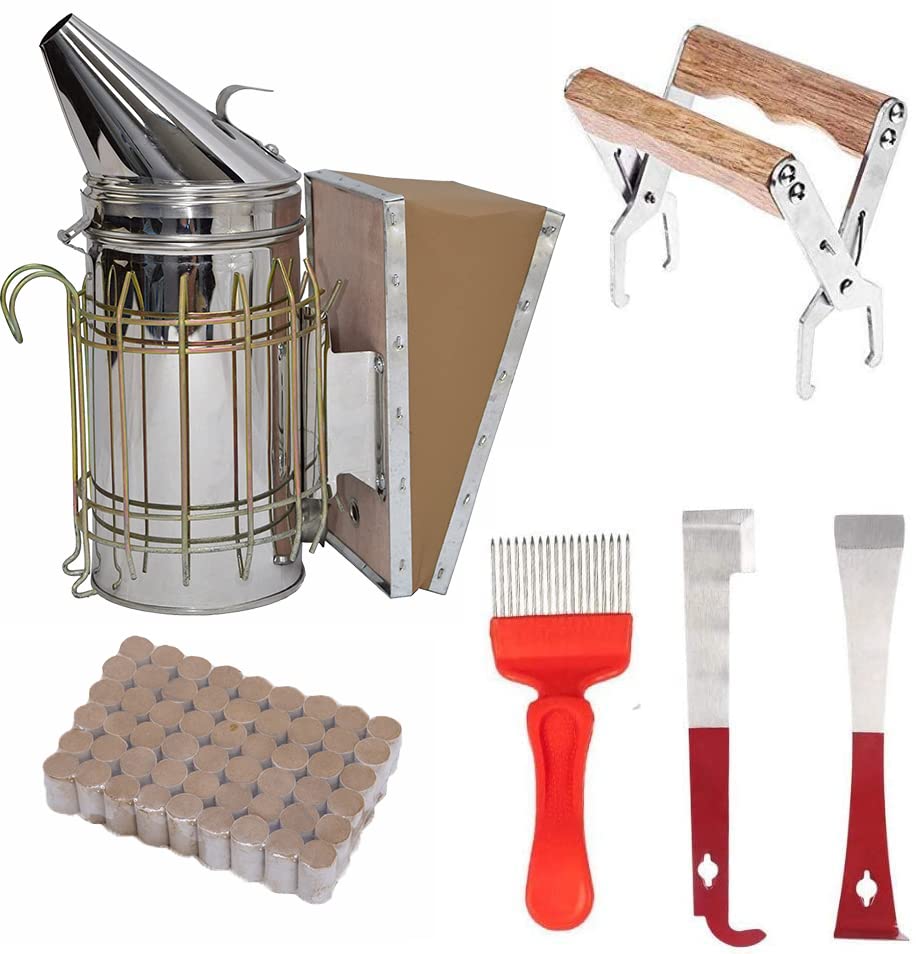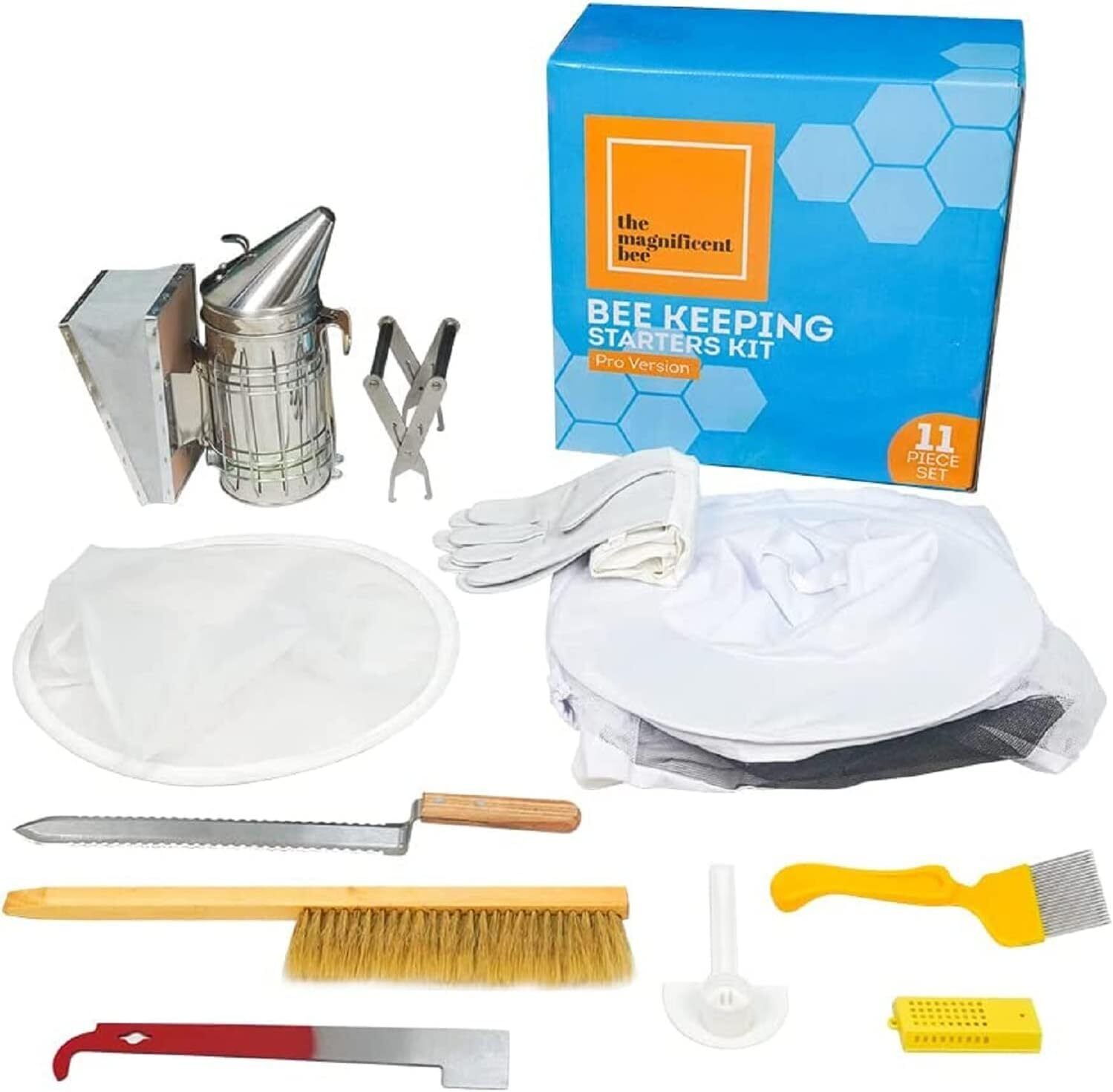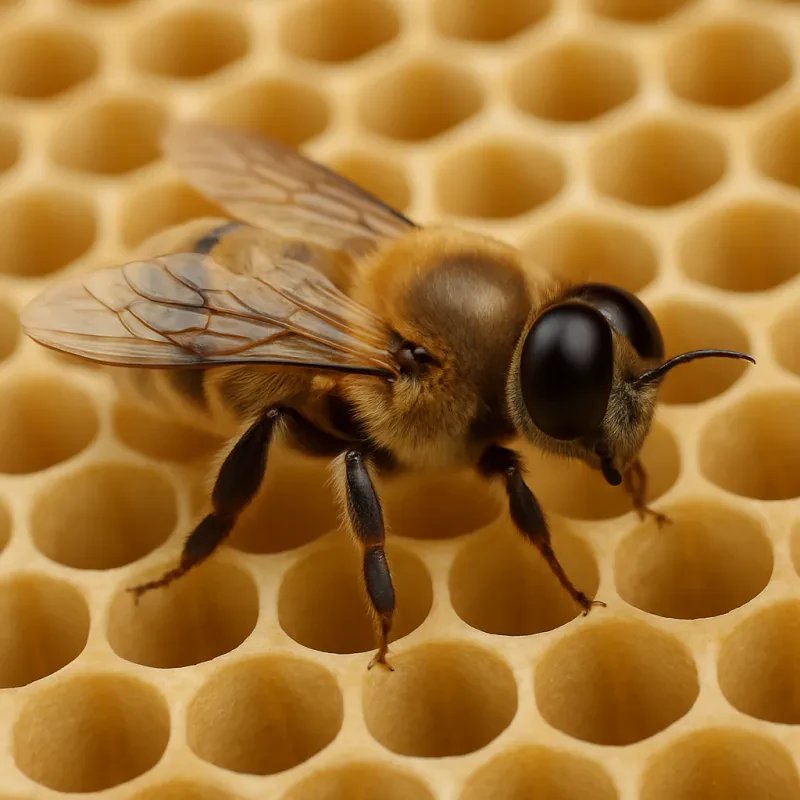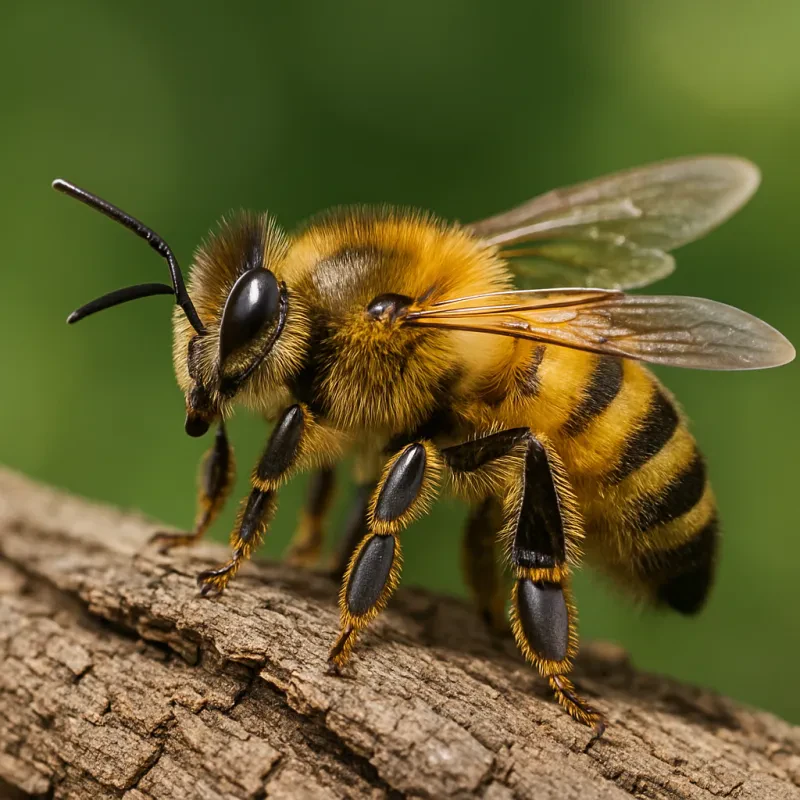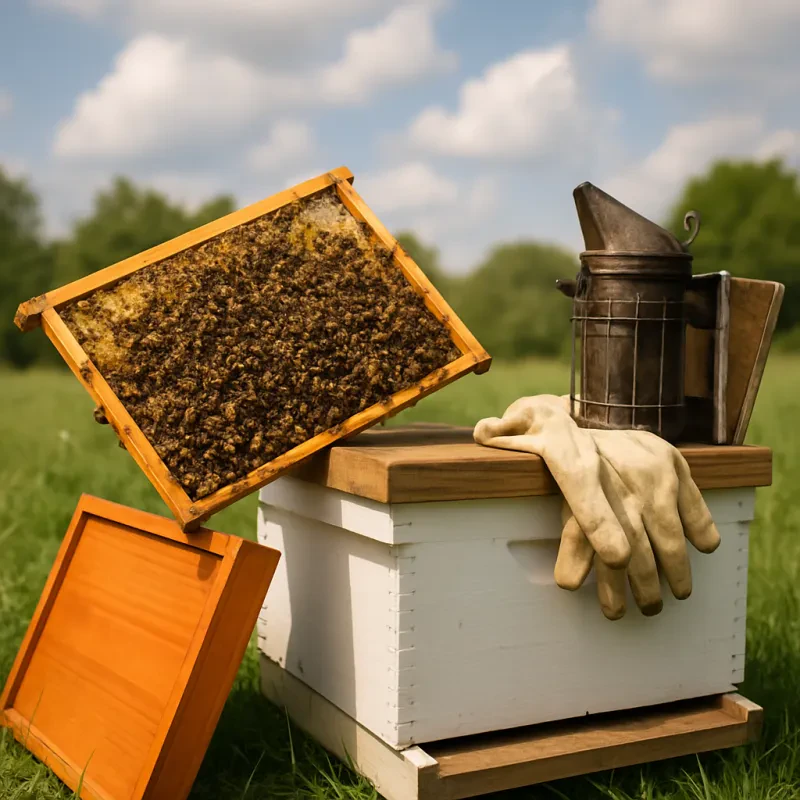If you're diving into the world of beekeeping, having the right tools can make your experience much smoother and more enjoyable. A well-rounded beekeeping starter kit is essential for both your bees' health and your own peace of mind. Let's check out the must-have tools that every new beekeeper should consider.
Including these essentials in your beekeeping starter kit will set you up for success. As you gain more experience, you can always add more tools and gadgets, but these basics will cover your needs as you start your beekeeping journey!
Choosing the Right Bee Species
Picking the right bee species is super important for anyone diving into the world of beekeeping. Different species come with their unique traits, and choosing the right one will set you up for success with your beekeeping starter kit. Some bees are friendlier, while others are more productive or resilient to pests. Think about what you're looking for before making your choice.
First up, let’s talk about the Italian honeybee. These bees are a favorite among beginners. They're known for being gentle and highly productive, which is what you want when starting out. They adapt well to different climates and tend to be great at foraging for nectar, making them a solid choice for your hive.
If you’re looking for something a bit tougher, consider the Carniolan honeybee. They’re known for their amazing ability to handle variable weather and can rebound quickly after a harsh winter. Plus, they’re generally quite calm, which is perfect if you want to maintain a stress-free beekeeping environment.
Then there's the Russian honeybee, which is pretty resilient to diseases and pests. These bees are a bit more temperamental, so they might not be the best choice for absolute beginners, but they can be a great option if you're looking to expand your knowledge later on. Just keep in mind, they require more management than some of the more docile species.
Ultimately, think about your environment, how much time you're willing to dedicate, and what you want out of your hive when choosing bee species. Once you have that figured out, your beekeeping starter kit will be the perfect complement to your new buzzing friends!
Essential Hive Maintenance Tips
Regular Inspections: Make it a habit to check on your bees every week or two, especially during the peak season. Look for signs of a healthy colony, like lots of activity around the entrance and plenty of bees buzzing about. If you notice fewer bees than usual, or any unusual behavior, it might be time for a closer inspection.
Keep It Clean: Just like any home, your bees need a tidy space. Remove any dead bees, old comb, or debris from the hive. It’s also a good idea to regularly check for pests like Varroa mites. Keeping the hive clean helps prevent diseases and keeps the bees in a positive environment.
Monitor Food Supply: Depending on where you live, your bees might need some help during the colder months. If your area has a long winter, keep an eye on their food supply. You can add sugar syrup or fondant in the fall. Your beekeeping starter kit should include all the essentials to help your bees stock up before the frost hits.
Seasonal Adjustments: Be sure to adjust your hive management practices with the seasons. In the spring, consider splitting hives to prevent overcrowding. In the fall, prepare your bees for winter by reducing hive entrances and adding insulation if necessary. Each season brings its own challenges and opportunities, so stay proactive!
Common Mistakes to Avoid Early On
Starting out in beekeeping can be exciting, but there are a few common mistakes that many new beekeepers make. Avoiding these pitfalls will help you get off to a much better start with your beekeeping starter kit.
One of the biggest mistakes is not doing enough research before diving in. Beekeeping has its own set of challenges, and it's important to understand what to expect. Read books, watch videos, or join a local beekeeping club. This way, you’ll be armed with knowledge when it actually comes time to set up your hive.
Another mistake is underestimating the importance of proper equipment. A complete beekeeping starter kit is essential, but it has to be the right kit for your needs. Make sure you have items like a good smoker, beekeeping suit, hive tool, and food for the bees. Skipping any of these can lead to problems down the road.
Lastly, don't forget to monitor your bees regularly, especially in the beginning. It's easy to set everything up and then forget about it for a bit. Regular checks help you spot issues early, whether it’s pests, disease, or just a lack of food. This proactive approach will ensure your bees stay healthy and happy!
